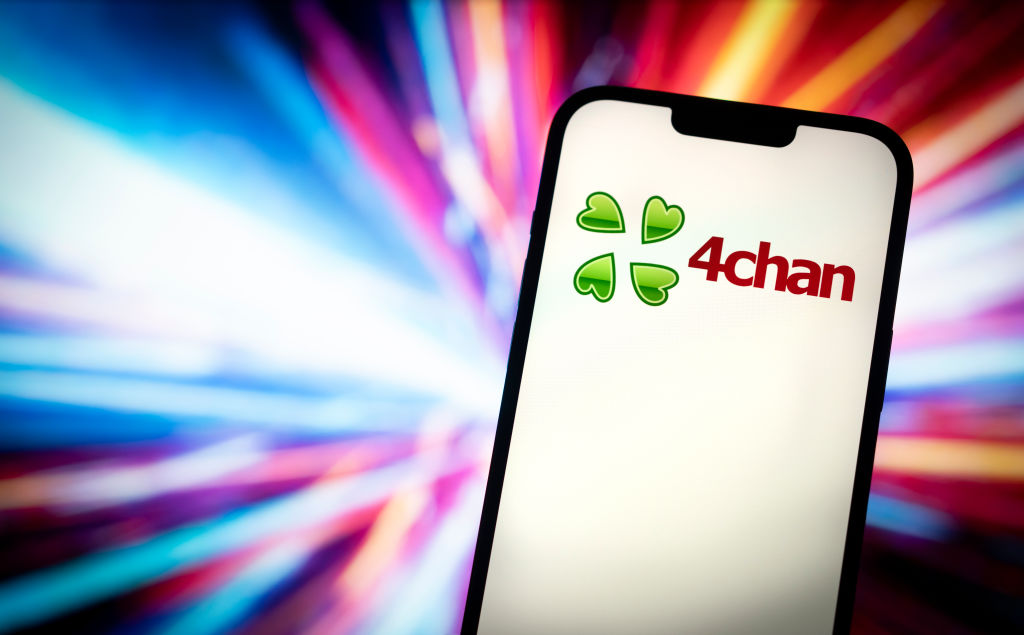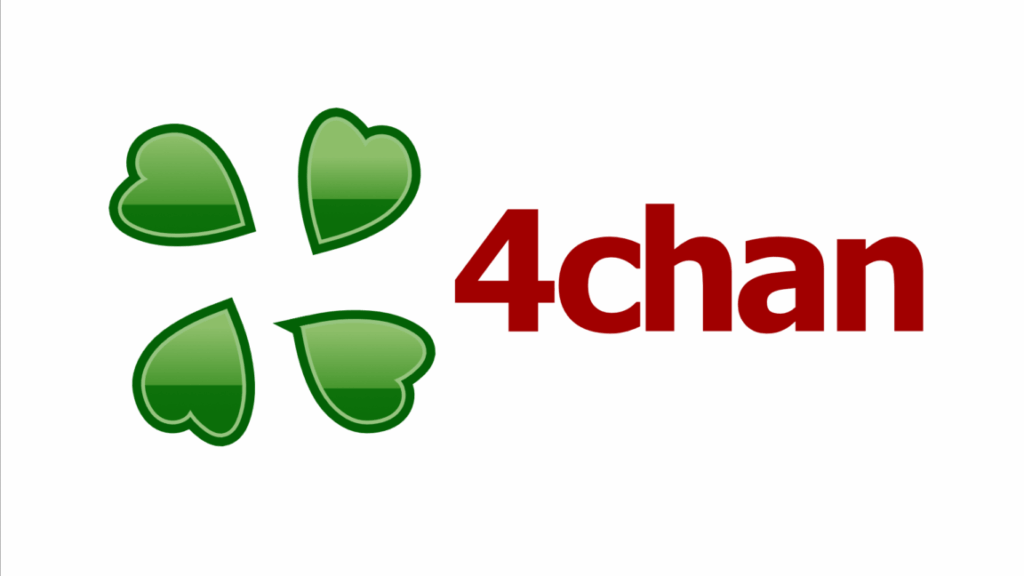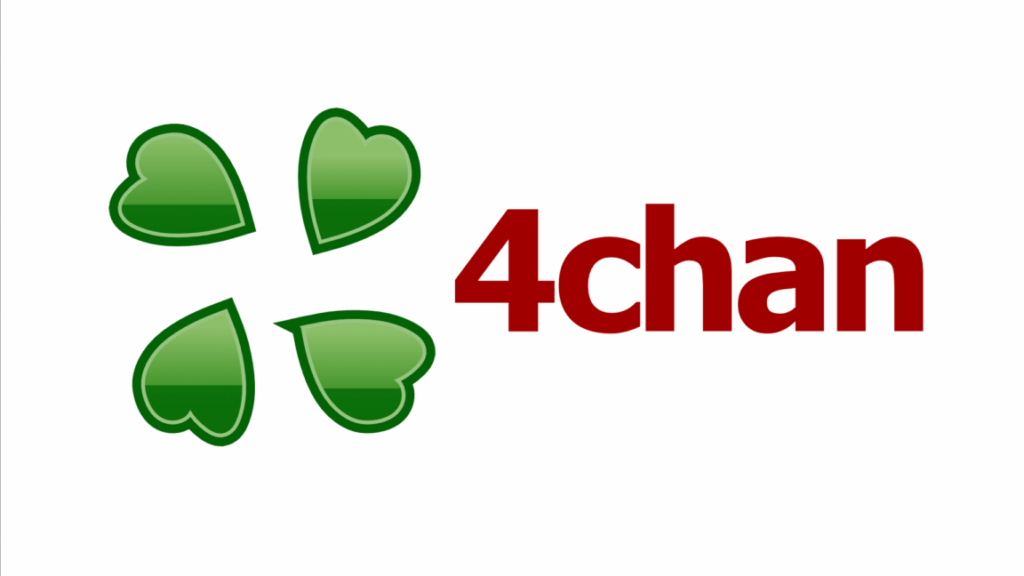My earliest memory of 4chan was sitting up late at night, typing its URL into my browser, and scrolling through a thread of LOLcat memes, which were brand-new at the time.
Back then a photoshop of a cat saying “I can has cheezburger” or an image of an owl saying “ORLY?” was, without question, the funniest thing my 14-year-old brain had ever laid eyes on. So much so, I woke my dad up by laughing too hard and had to tell him that I was scrolling through pictures of cats at 2 in the morning. Later, I would become intimately familiar with the site’s much more nefarious tendencies.
It’s strange to look back at 4chan, apparently wiped off the Internet entirely last week by hackers from a rival message board, and think about how many different websites it was over its more than two decades online. What began as a hub for Internet culture and an anonymous way station for the Internet’s anarchic true believers devolved over the years into a fan club for mass shooters, the central node of Gamergate, and the beating heart of far-right fascism around the world—a virus that infected every facet of our lives, from the slang we use to the politicians we vote for. But the site itself had been frozen in amber since the George W. Bush administration.
It is likely that there will never be a site like 4chan again—which is, likely, a very good thing. But it had also essentially already succeeded at its core project: chewing up the world and spitting it back out in its own image. Everything—from X to Facebook to YouTube—now sort of feels like 4chan. Which makes you wonder why it even needed to still exist.
“The novelty of a website devoted to shock and gore, and the rebelliousness inherent in it, dies when your opinions become the official policy of the world’s five or so richest people and the government of the United States,” the Onion CEO and former extremism reporter Ben Collins tells WIRED. “Like any ostensibly nihilist cultural phenomenon, it inherently dies if that phenomenon itself becomes The Man.”
My first experience with the more toxic side of the site came several years after my LOLcat all-nighter, when I was in college. I was a big Tumblr user—all my friends were on there—and for about a year or so, our corner of the platform felt like an extension of the house parties we would throw. That cozy vibe came crashing down for me when I got doxed the summer going into my senior year. Someone made a “hate blog” for me—one of the first times I felt the dark presence of an anonymous stranger’s digital ire, and posted my phone number on 4chan.
They played a prank that was popular on the site at the time, writing in a thread that my phone number was for a GameStop store that had a copy of the ultra-rare video game Battletoads. I received no less than 250 phone calls over the next 48 hours asking if I had a copy of the game.
Many of the 4chan users that called me mid-Battletoad attack left messages. I listened to all of them. A pattern quickly emerged: young men, clearly nervous to even leave a message, trying to harass a stranger for, seemingly, the hell of it. Those voicemails have never left me in the 15 years I’ve spent covering 4chan as a journalist.
I had a front-row seat to the way those timid men morphed into the violent, seething underbelly of the Internet. The throbbing engine of reactionary hatred that resented everything and everyone simply because resentment was the only language its users knew how to speak. I traveled the world in the 2010s, tracing 4chan’s impact on global democracy. I followed it to France, Germany, Japan, and Brazil as 4chan’s users became increasingly convinced that they could take over the planet through racist memes, far-right populism, and cyberbullying. And, in a way, they did. But the ubiquity of 4chan culture ended up being an oddly Pyrrhic victory for the site itself.
Collins, like me, closely followed 4chan’s rise in the 2010s from Internet backwater to unofficial propaganda organ of the Trump administration. As he sees it, once Elon Musk bought Twitter in 2022 there was really no point to 4chan anymore. Why hide behind anonymity if a billionaire lets you post the same kind of extremist content under your real name and even pays you for it?
4chan’s “user base just moved into a bigger ballpark and started immediately impacting American life and policy,” Collins says. “Twitter became 4chan, then the 4chanified Twitter became the United States government. Its usefulness as an ammo dump in the culture war was diminished when they were saying things you would now hear every day on Twitter, then six months later out of the mouths of an administration official.”
But understanding how 4chan went from the home of cat memes to a true Internet bogeyman requires an understanding of how the site actually worked. Its features were often overlooked amid all the conversations about the site’s political influence, but I’d argue they were equally, if not more, important.
4chan was founded by Christopher “Moot” Poole when he was 15. A regular user on slightly less anarchic comedy site Something Awful, Poole created a spinoff site for a message board there called “Anime Death Tentacle Rape Whorehouse.” Poole was a fan of the Japanese message board 2chan, or Futaba Channel, and wanted to give Western anime fans their own version, so he poorly translated the site’s code and promoted his new site, 4chan, to Something Awful’s anime community. Several core features were ported over in the process.
4chan users were anonymous, threads weren’t permanent and would time out or “404” after a period of inactivity, and there were dozens of sub-boards you could post to. That unique combination of ephemerality, anonymity, and organized chaos proved to be a potent mix, immediately creating a race-to-the-bottom gutter culture unlike anything else on the web. The dark end point of the techno-utopianism that built the Internet. On 4chan you were no one, and nothing you did mattered unless it was so shocking, so repulsive, so hateful that someone else noticed and decided to screenshot it before it disappeared into the digital ether.
“The iconic memes that came out of 4chan are because people took the time to save it, you know? And the fact that nobody predicted, nobody could predict or control what was saved or what wasn’t saved, I think, is really, really fascinating,” Cates Holderness, Tumblr’s former head of editorial, tells WIRED.
Still, 4chan was more complicated than it looked from the outside. The site was organized into dozens of smaller sections, everything from comics to cooking to video games to, of course, pornography. Holderness says she learned to make bread during the pandemic thanks to 4chan’s cooking board. (Full disclosure: I introduced Holderness to 4chan way back in 2012.)
“When I switched to sourdough, I got really good pointers,” she says.
Holderness calls 4chan the Internet’s “Wild West” and says its demise this month felt appropriate in a way. The chaos that defined 4chan, both the good and the very, very bad, has largely been paved over by corporate platforms and their algorithms now.
Our feeds deliver us content; we don’t have to hunt for it. We don’t have to sit in front of a computer refreshing a page to find out whether we’re getting a new cat meme or a new manifesto. The humanness of that era of the web, now that 4chan is gone, is likely never coming back. And we’ll eventually find out if that’s a good thing or a bad thing.
“The snippets that we have of what 4chan was—it’s all skewed,” Holderness says. “There is no record. There’s no record that can ever encapsulate what 4chan was.”
This story originally appeared on wired.com.





